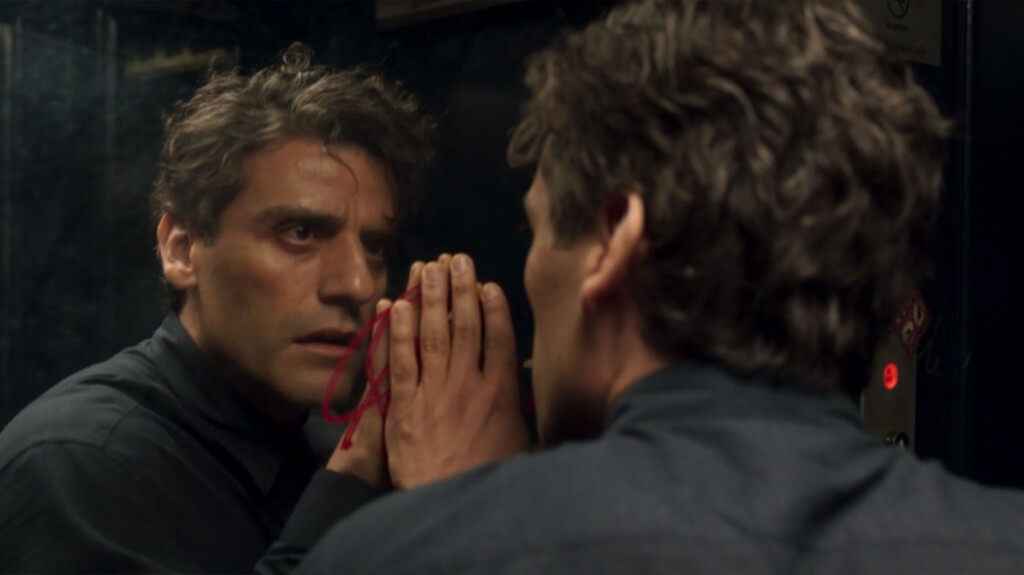Please welcome today’s guest writer, Corrie Merritt. Corrie E. Merritt (she/they) is a queer Third Culture Kid who graduated from Calvin University in 2020 with a film and media degree. Manila, Philippines and Grand Rapids, MI are two of the places she calls home, and she currently resides in the latter. They are at their happiest when they’re sipping a chai latte in Barnes and Noble, laughing with friends, scrolling Twitter, or discussing story-telling in all mediums.
I moved houses recently, which is never a good time even in the best of circumstances. As a former missionary kid whose entire life can be summarized as a series of relocations, moving (even if it’s only across the city) always aggravates a lot of the emotional baggage I’ve collected over the years; an acutely painful blend of anxiety, exhaustion, and grief that at this point feels woven into my very identity.
During one of my last weeks in the previous house, I found myself crying alone in the living room as the reality of the coming change started to fully sink in. Wanting a distraction, I took an edible, heated up a frozen dinner from Trader Joe’s, and put on the first episode of Moon Knight, a Disney+ series that is one of the more recent additions to the MCU. I knew nothing about the show aside from the fact that it stars Oscar Isaac, but he’s one of the few men that I’m straight for so that was just enough incentive for me to watch it.
I didn’t expect to consume the entire season in one go. I definitely didn’t expect that I would re-watch the series twice or that I would still be thinking about it nearly a month later.
Obligatory “Spoilers Ahead” Warning
For those who haven’t watched, Moon Knight is a six-episode character study of a mercenary-turned-vigilante under the contract of Khonshu, the Egyptian God of the Moon who metes out justice to evildoers. Don’t get too hung up on the Egyptian backdrop though—while this new flavor of Marvel’s well-established recipe is certainly fun, the external struggle between mythological deities is by no means the most important conflict in this series.
I say this show is a character study because Moon Knight’s primary focus is on the protagonist’s internal struggle with his own past and mental health. Oscar Isaac plays Marc Spector and Steven Grant, two distinctly separate personalities (or alters) of the same man—a fictionalized representation of a real-world condition caused by childhood trauma known as Dissociative Identity Disorder (DID).
Because only one alter can control the body at a time, Marc and Steven fight for dominance, each struggling to accept the other as part of their life. This conflict mirrors—often literally, as they initially only communicate with each other through mirrors—their inability to acknowledge and work through the trauma of their past. It’s only when they begin to trust and open up to each other that they’re able to come to terms with the pain that’s shaped them and work together as a cohesive system.
As I watched Moon Knight that first time, teary-eyed and wrestling with deep-seated pain of my own, I couldn’t help but see the bond that develops between Steven and Marc—these two sides of the same coin—as an unexpectedly compelling expression of self-love.
In the climax of the protagonists’ character arc, Marc tells Steven, “I survived because of you… You’re the only real superpower I ever had.” I won’t deny that I shed a tear or two every time I watch this scene, the tension and emotional buildup preceding this moment make Marc’s acceptance and gratitude feel so incredibly cathartic. By finally embracing and caring for Steven, the other side of his identity, he also embraces and cares for himself. The two alters are now whole in a way they couldn’t be when they were trying to control and reject each other.
I may not suffer from DID, but depression and anxiety do often make me feel like I’m at war with myself; and moving, with all its stressors, only exacerbates my already wobbly mental state. The instinct to repress or minimize my pain—to bury it, pretend it doesn’t exist—is uncomfortably real.
However, years of therapy have taught me that one of the first steps to overcoming pain is, unfortunately, to acknowledge it. And when I watch Oscar Isaac hug himself on my TV screen, I see not only acknowledgment, but also an acceptance and love for the self (complete with baggage, regrets, and hurt) that I wish I could realize.
But maybe. Maybe if I didn’t fight my emotions all the time—if I chose instead, like Steven and Marc, to open up to myself and acknowledge that I am actually hurting—maybe I can get somewhere close.
Moving still absolutely sucks, I think it always will. But I did try to listen to myself more this time around; to my emotions, my body, my anxiety, my grief—all those unattractive, uncomfortable feelings that I would rather hide from. Did I still opt for distraction and numbness over healthier coping mechanisms most of the time? Absolutely. But self-love is worth cultivating no matter how rocky the journey may be, and I’m grateful to Moon Knight for reminding me of that.


